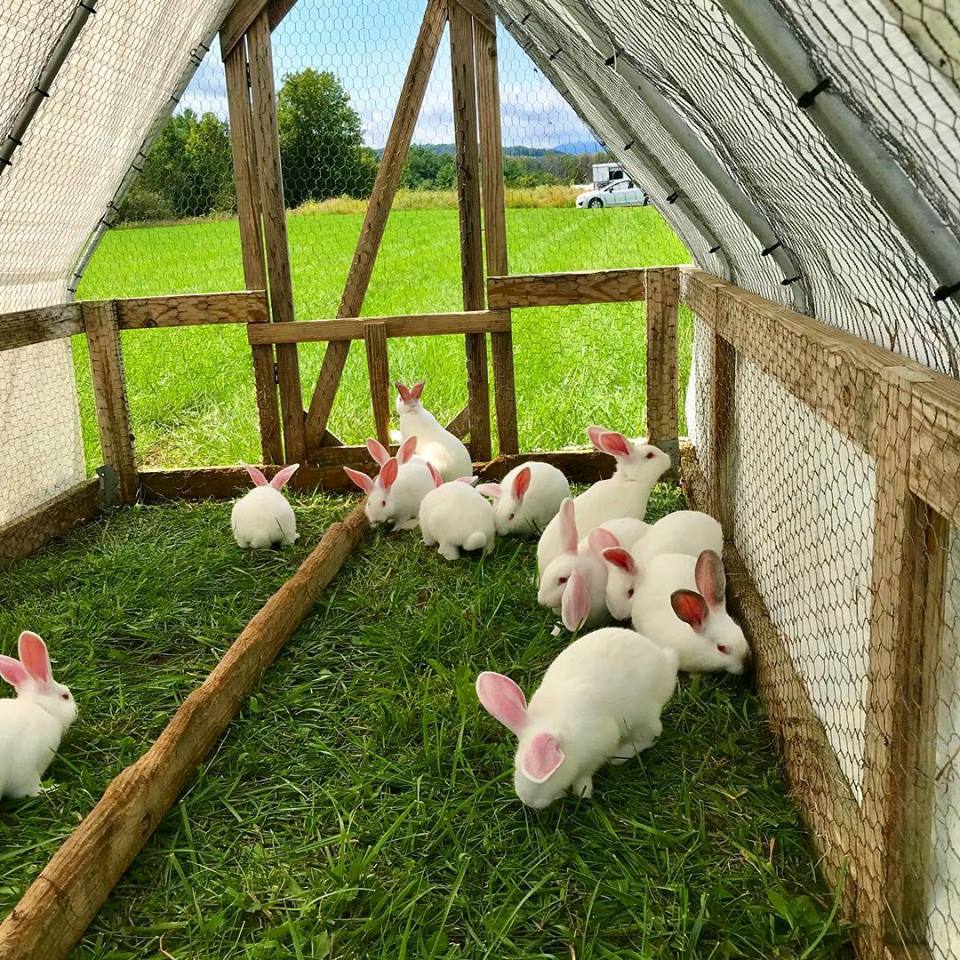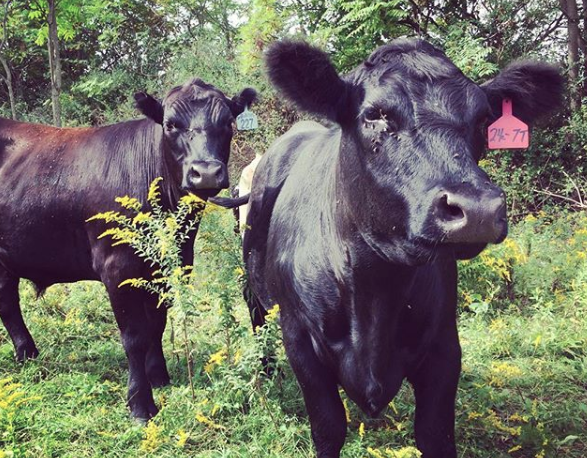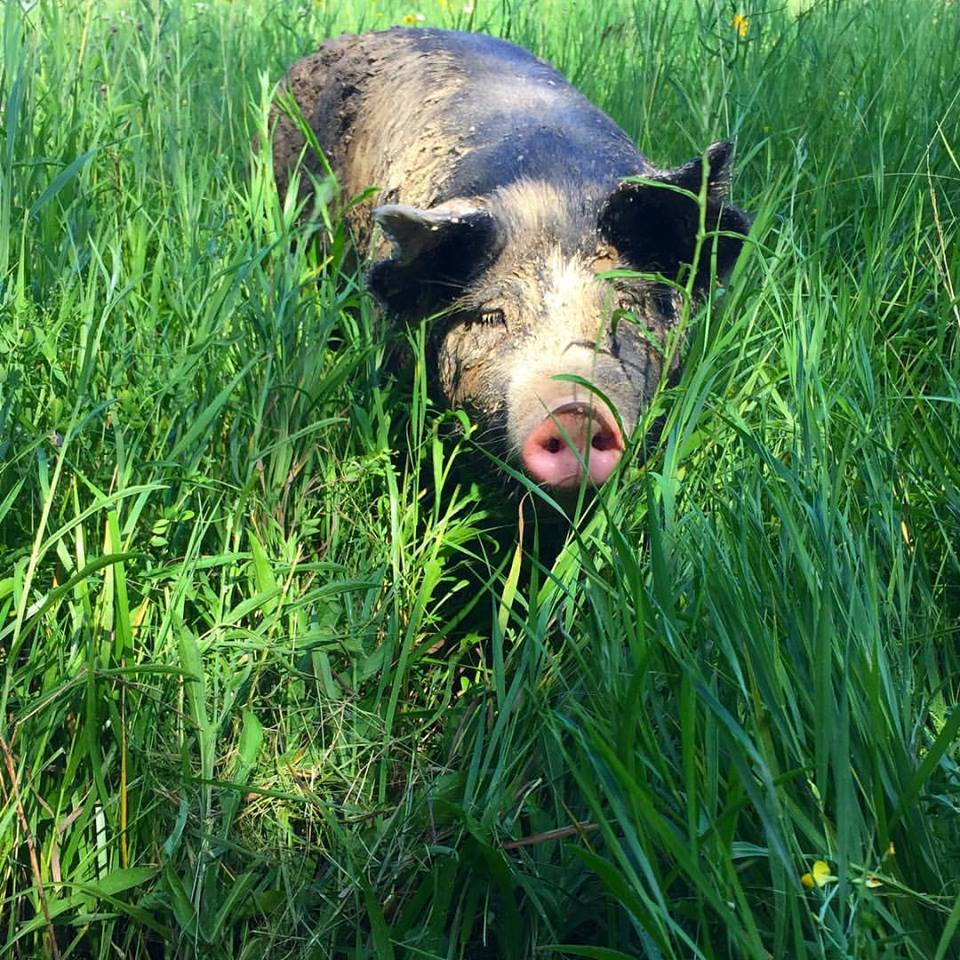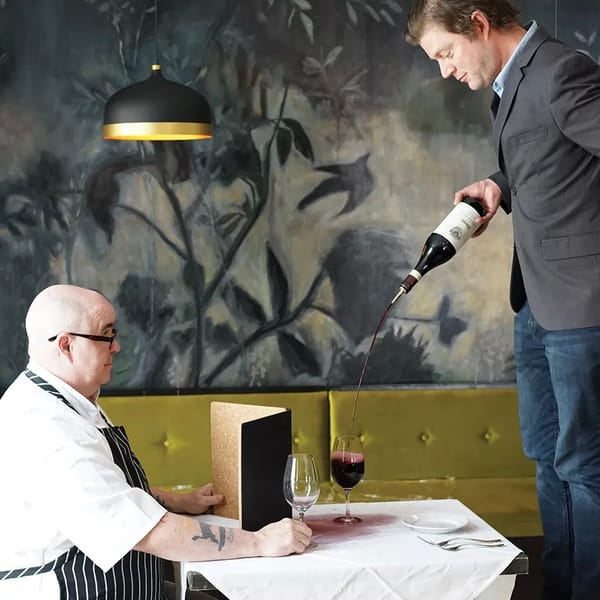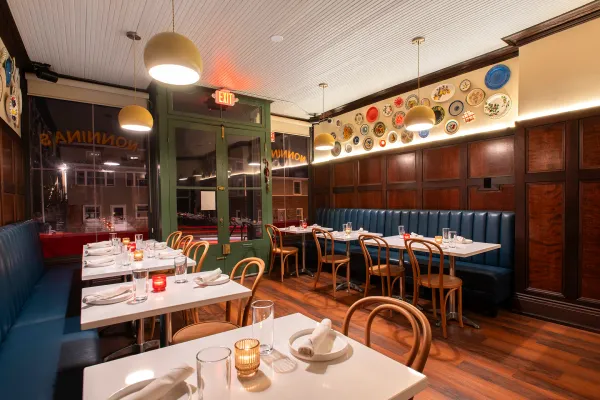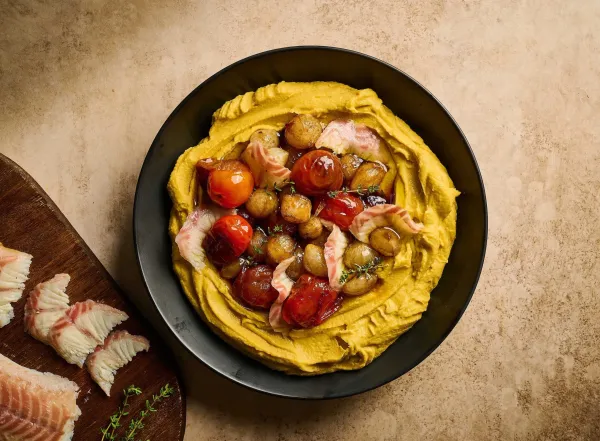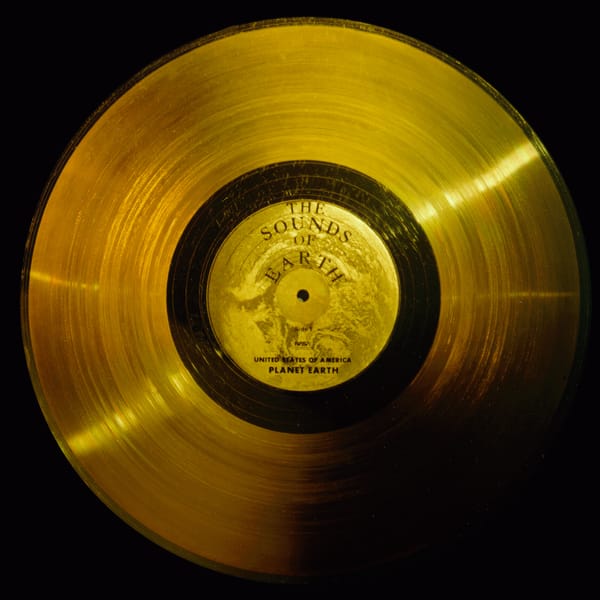Carnivore's Choice: Where Buying Directly From The Farmer Is Good For You And the Animals
Clear your conscience and your palate by buying your meat from local farms that do all the right things.

Clear your conscience and your palate by buying your meat from local farms that do all the right things.
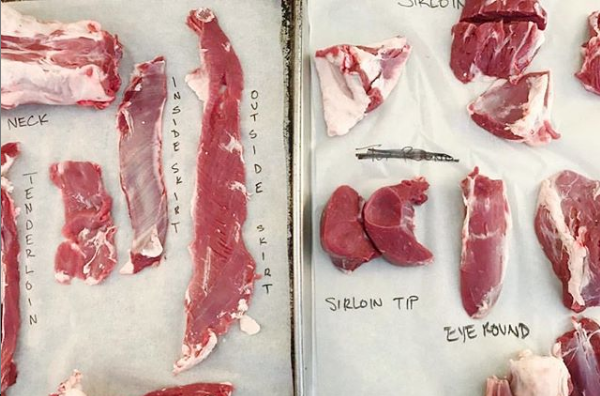
Just some of the fresh cuts available at Sawkill Farm in Red Hook. Photo provided by Sawkill.
The omnivorous predator, man, is unique in the ability to contextualize and value the life led by food before it is food. We are more than capable of sustaining our biology by eating only plants, but most of us don’t.
I don’t, and recently I’ve been looking to reconcile my uniquely human guilt over this choice, not just for reasons of interspecies compassion but also because the impact of the megalithic farming industrial complex — on society, the earth and our climate — is too astonishing to ignore.
Luckily, living where we do gives us another choice. Unlike the vast majority of Americans, we here can placate the genes that sharpened our incisors with a clear(er) conscience by sourcing our meat from the scores of local farmers just down the road. These farmers are responsibly raising, slaughtering and selling meat you can serve your family and friends, knowing the animal lived a better life, ate better food, impacted the global ecosystem less and died more humanely than anything you’ll find at the supermarket. Our local farmers are raising some of the most delicious, organic, grass-fed, pasture-raised meat in the world, and with onsite farm stores and “meat share” CSAs, you can cook this delicious, more-moral meat for a lot less than you might expect.
Here are five producers we love. Try them, or another one closer to your place. Building a relationship with your meat provider is an impactful way to “think globally and act locally.”
Sawkill Farm, Red Hook, New York
“I didn’t get into farming for the politics,” said Michael Robertson, co-owner of Sawkill Farm, from his cozy farm store where he serves up cuts of beef, pork, lamb and chicken along with many types of sausage, eggs, broths and wool fiber products. “The impact of people wanting to eat more healthfully is probably the biggest driver of change we’ve seen, but I do think about how we reconcile farming’s impact on the climate.”
The proof of Robertson's high standards is in the meat coolers of the farm store. There is no comparing the complexity in flavor of meat that has been organically pasture raised versus meat from a factory. The flavor of Sawkill's meat resembles that of the sprawling landscape of the Dutchess County farm — because that land was the animal’s diet.
Kinderhook Farm, Valatie, New York
One of the region’s ethical farming progenitors, Kinderhook Farm recently got some well-deserved cred in an Eater video highlighting the quality of their beef from a new animal and from one as old as 15. The interviewers went understandably gaga and now the farm will let you try some of this rare aged beef, which the USDA allows you to purchase only directly from a farm.
But everything offered at the Kinderhook Farm store is top notch and their meat CSA is a substantial haul. They provide 10-14 pounds of assorted cuts of beef, pork, lamb and chicken every other month for $600 a year up front. That’s a big down payment, but if you average 12 pounds a package, you’re getting unparalleled cuts of meat at just a little over $8 a pound — much less than many of the same cuts would be at the grocery store and the product is of unfathomably better quality.
Letterbox Farm, Hudson, New York
Integrating a CSA into your life isn’t just good for you, it’s good for the farm, as well. Large upfront payments allow farmers to do things like make feed and equipment purchases in financially lean seasons. Modern small farms are coming up with all sorts of ways to raise the best products, innovate and stay solvent. Letterbox Farm Collective literally wrote the book on collective farming and their successful experiments in reinventing farm infrastructure are inspiring.
They also wrote the book on pasture raising rabbits. Along with pork, chicken and uniquely varied produce, included in your CSA from Letterbox is organic rabbit. If you’ve ever driven into Hudson on Route 9 from the south, you may have noticed a field full of white canvas tents that look like they're slowly sliding across a meadow, leaving a mowed trail of grass behind them. Inside the roomy tents is a warren of rabbits. When they’ve eaten all the vegetation beneath them, they’re rolled in their little house to the next patch. Letterbox’s CSA is one of the most intentionally engineered you’ll find anywhere, and if they’re your local farm, they deserve your support. And you deserve to eat what they’re raising.
Holiday Brook Farm, Dalton, Massachusetts
Hey, if you really want to get to know your farmer, why not spend the night? At Holiday Brook Farm, you can take a farm vacation. The elegant farm is a gorgeous location for weddings, events or just a getaway, but in the process, you can get up close and personal with their animals and see just how good they have it.
The Holiday Brook store sells individual cuts of their beef, lamb and pork. as well as weighted combination packages from 10 to 100 pounds. The 100-pound pack gets you a good portion of all their best meat at just $7.50 a pound.
Ox Hollow Farm, Bantam, Connecticut
You didn’t think we’d forget Connecticut, did you? One of our favorite farms in Litchfield County is Ox Hollow Farm in Bantam. Ox Hollow has a diverse range of beef, pork, lamb and chicken product available through their CSA that can be enhanced by their vegetable CSA.
Ox Hollow was established in 1997 with a mission to provide hormone and antibiotic-free meat. Farmers Mark and Stephanie Maynard believe that “local, sustainable, farm-raised products are integral to our health.”
Raven and Boar Farm, East Chatham, New York
Raven and Boar Farm does not have a CSA but its farmers are vocal advocates for responsible, all-natural farming practices on their celebrated hog farm, which provides pork to world-class restaurants like Gramercy Tavern and Blue Hill.
When I interviewed Raven and Boar co-owner Ruby Duke a couple of summers back, she had this unexpected advice for anyone thinking seriously about their consumption: “People need to educate themselves to make a difference in the food system. They need to know their food, their farmer, their chef,” Duke said, “and people need to eat less meat… Less meat but better meat, meat that’s better for the environment and better for the sustainable farm system.”

